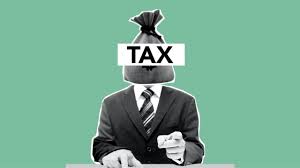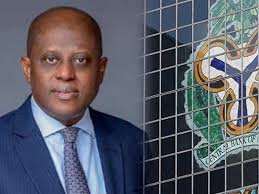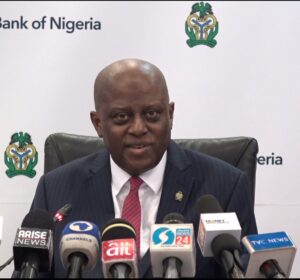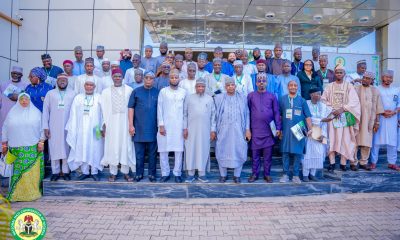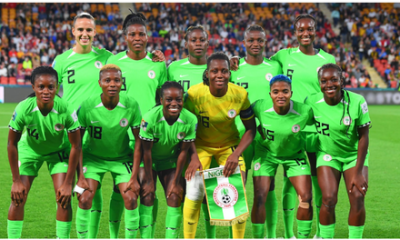Nigerians across the country are facing cash shortages as the festive season approaches.
Some Automated Teller Machines (ATMs) dispense only small sums—if functional at all—while Point of Sale (POS) operators charge exorbitant fees for transactions.
This crisis persists despite assurances from the Central Bank of Nigeria (CBN) that measures are in place to ensure cash availability.
Just two months ago, the CBN announced plans to sanction banks failing to load cash in ATMs and that it will release an additional N1.4 trillion into circulation over the next three months to improve cash flow within the banking system.
Speaking after the 297th Monetary Policy Committee (MPC) meeting in Abuja, CBN Governor Yemi Cardoso said that all deposit money banks must ensure there is always enough cash available for withdrawals.
This move, Cardoso said, is aimed at ensuring sufficient cash availability in ATMs and across bank branches, addressing the challenges of cash insufficiency that many customers have faced.
He said: “Another N1.4 trillion is likely to be delivered in another three months to aid that whole process of cash within the system and cash velocity.
“So, from our perspective, we are doing everything possible to ensure that there is sufficient cash in the system. There is no excuse for not having sufficient cash in the system.
“Now it goes to the deployment of that cash and quite frankly, we are working very, very closely, we are engaging with all the deposit money banks to ensure that they are putting these things through their ATMs, effectively dispensing cash to those that are in need.
“And whether they are in need or not, that’s the function of the deposit money banks. And at all points in time, there should be sufficient cash in their system that nobody should go there without being able to withdraw.”
Despite these measures, POS operators report challenges accessing cash, pushing transaction fees to unprecedented levels.
In many locations, withdrawing ₦1,000 to ₦5,000 now attracts a charge of ₦100, while amounts above ₦5,000 cost ₦200 to ₦300, depending on the area.
Residents in remote areas, where ATMs are scarce or non-functional, face even higher charges, with some operators reportedly charging ₦100 for as little as ₦2,000 and N200 for amounts above N2,000 and below N5000, and N300 for amounts above N5,000 and below N10,000.
With just 29 days to Christmas, the shortage of cash is forcing many to make drastic adjustments to their finances.
Entrepreneurs and small business owners are among the hardest hit, with some resorting to hoarding cash for essential transactions.
An entrepreneur, Mr John Otafu, told DailyPost that things were just becoming more difficult, noting that customers could only withdraw a maximum of N10,000 at some ATM points, while many ATMs were empty.
“You will just see that you are moving from one point to another, looking for a working ATM to collect your money,” Otafu said.
“The condition is still not pleasant, and this has forced many people to be patronising POS operators.”
A food vendor, Titilayo Abayomi, said the scarcity has forced her to stop saving in the bank.
“I go to the ATM and only get a fraction of what I need for my business. Imagine needing ₦100,000 and being restricted to ₦5,000 or ₦10,000 withdrawals. The banks are benefiting from innocent Nigerians who are working hard just to survive,” Abayomi lamented to DailyPost.
Meanwhile, the National Secretary of the Association of Point of Sale Users in Nigeria (APOSUN), Mr. Isah Zakari, accused commercial banks of exacerbating the crisis by reducing cash withdrawals for POS agents.
Zakari, in a recent statement, alleged that some bank officials sell cash directly to POS operators, prioritizing their personal outlets over customers.
“As an individual, let me not speak as a POS operator. If I need N50,000, I have to go to the ATM to withdraw and when I go to the bank, I also have the right to withdraw. It is my right because I paid the money there.
“So now, the POS operator wants to use money in the bank, but he does not get it. At ATM points, limits on withdrawals have been placed; he cannot get more than N10,000 or N20,000.
“Our members have been complaining, saying the only amount of money they can withdraw is N10,000,” Zakari said.













